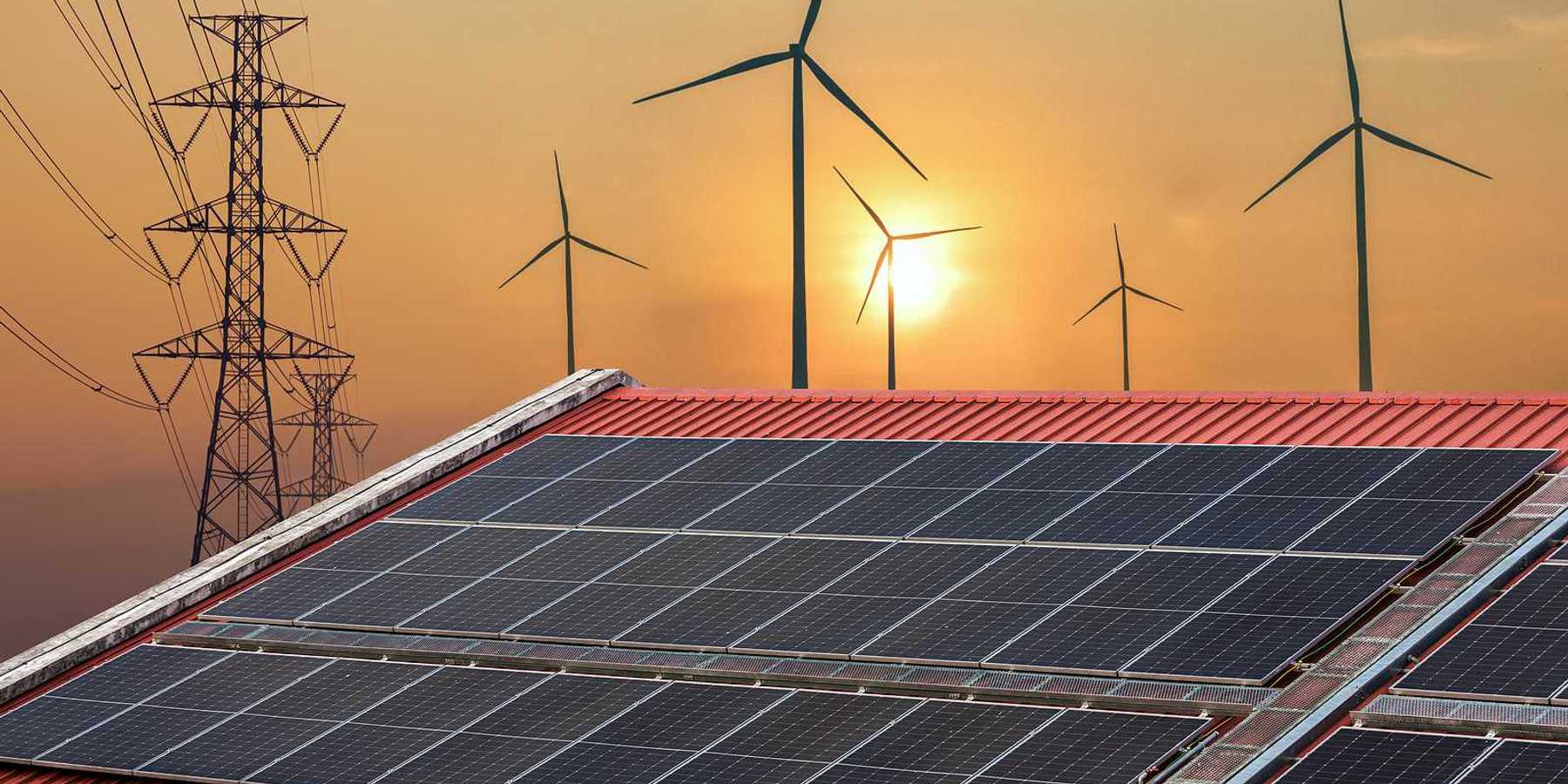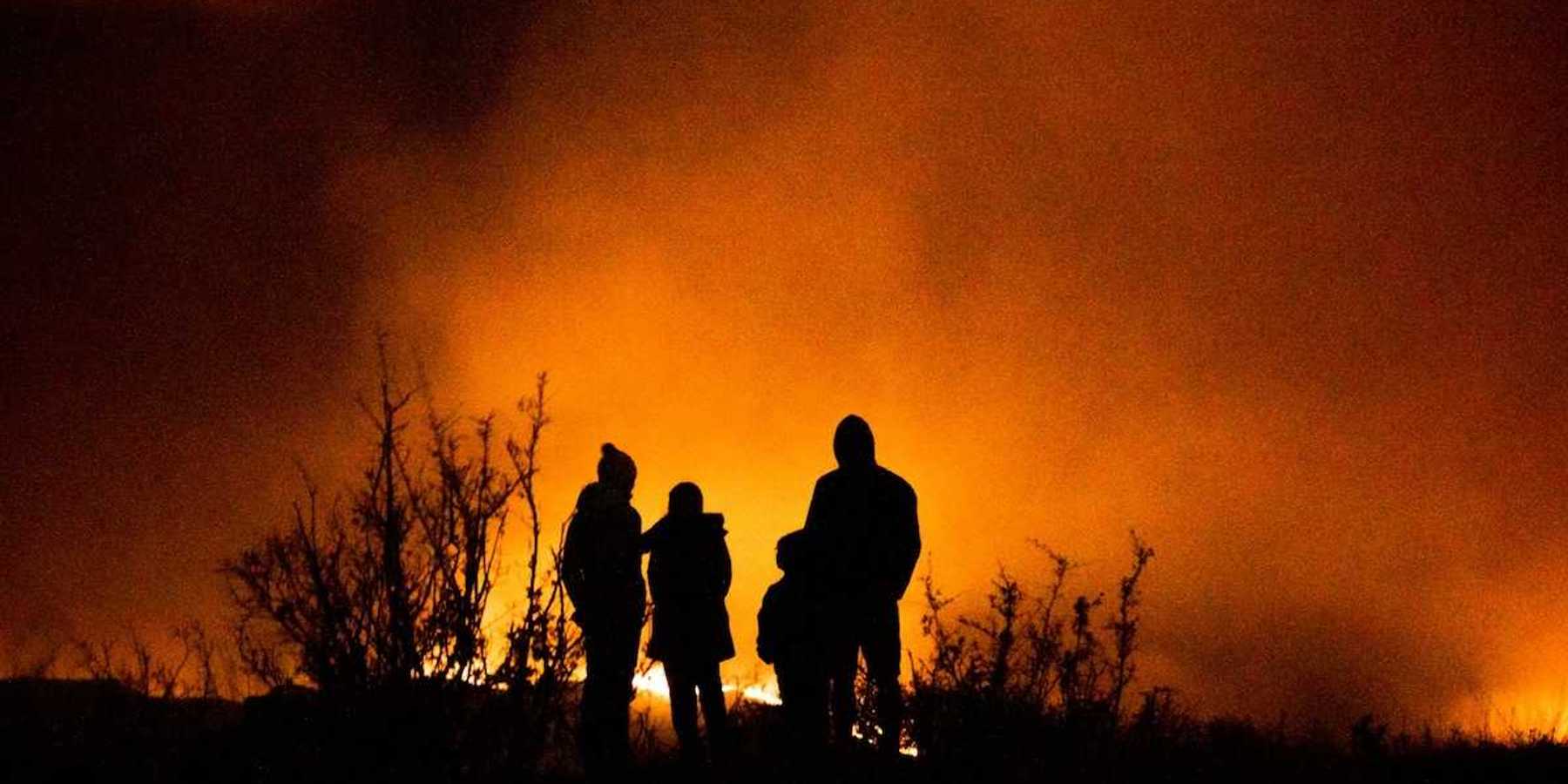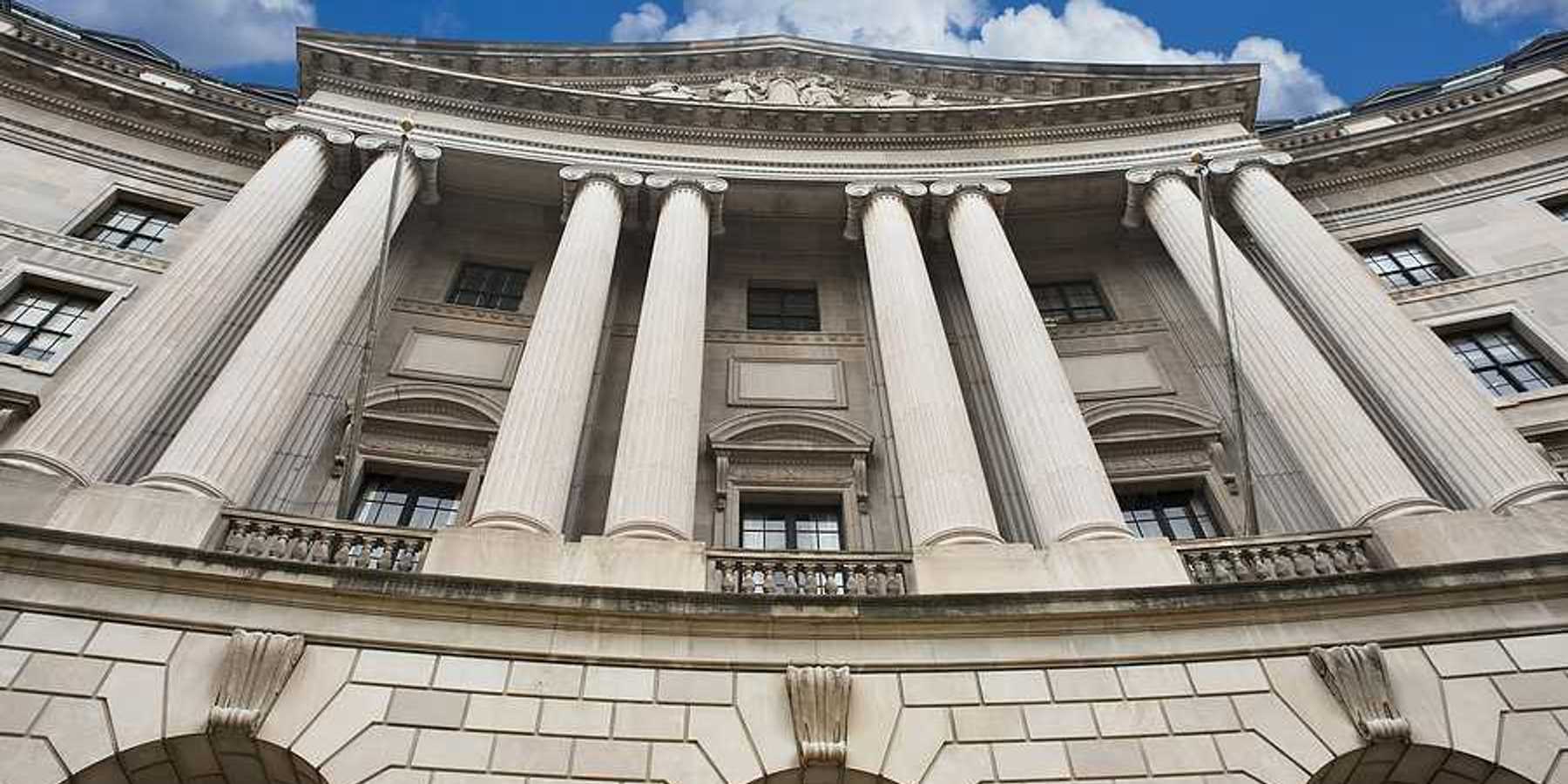Vermont's clean heat policy faces political roadblocks
A policy aimed at cutting Vermont's reliance on fossil fuel heating has stalled after election losses weakened Democratic support, leaving its future uncertain.
Nathaniel Eisen reports for Inside Climate News.
In short:
- Vermont’s Clean Heat Standard would require fossil fuel companies to fund heating efficiency projects, such as heat pump installations and insulation upgrades, with a focus on low-income households.
- Republican Gov. Phil Scott opposes the policy, citing high upfront costs and potential heating price increases. Democrats no longer have the votes to override his veto.
- The state’s Public Utilities Commission found the policy would be costly but beneficial, yet recommended alternative funding approaches like expanding a fuel tax.
Key quote:
“It’s unfortunate the governor’s concerns were dismissed, and instead, a significant amount of taxpayer money and time was spent to fully develop a complicated program that isn’t workable for Vermont.”
— Vermont governor's press office
Why this matters:
Vermont’s ambitious climate law, designed to sharply reduce greenhouse gas emissions, has run into a critical challenge: the state’s lack of a clear strategy for addressing emissions from the heating sector. As a state where cold winters and aging infrastructure make heating a significant source of carbon pollution, Vermont is grappling with how to balance its climate goals with economic and political realities.
Related: Vermont faces legal battle over its polluters-pay climate law













